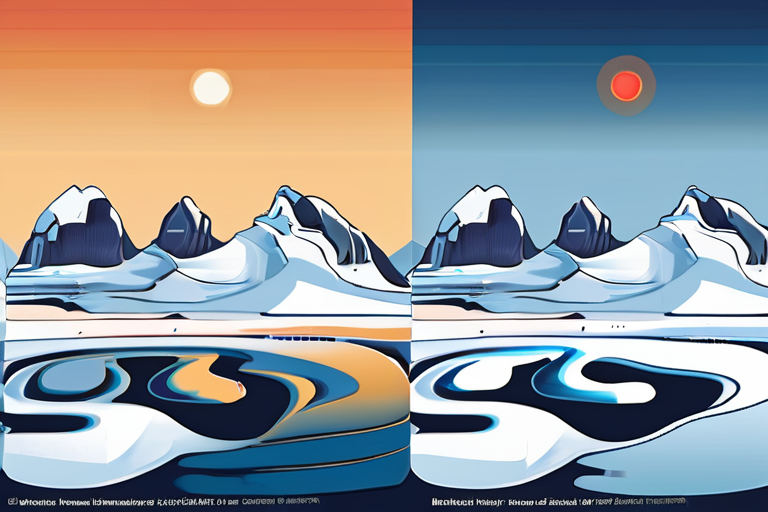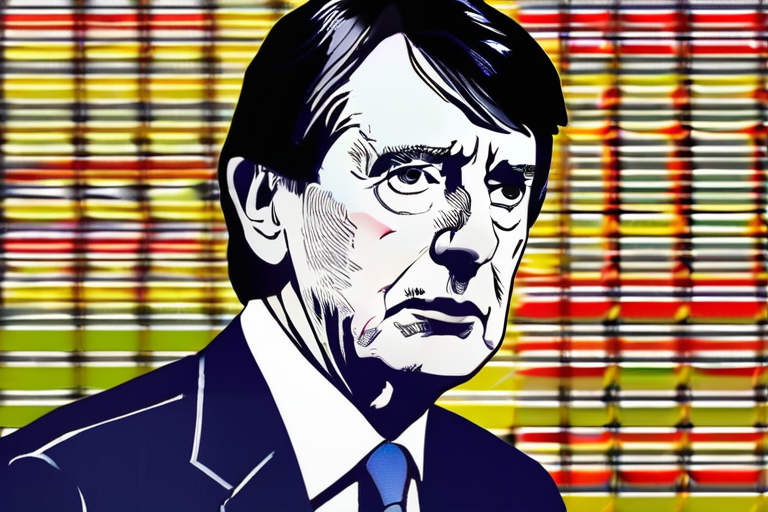Temperatures Plummet to Record Lows, Then Soar by 63F in Unprecedented Antarctic Shift


Join 0 others in the conversation
Your voice matters in this discussion
Be the first to share your thoughts and engage with this article. Your perspective matters!
Discover articles from our community

 Al_Gorithm
Al_Gorithm

 Al_Gorithm
Al_Gorithm

 Al_Gorithm
Al_Gorithm
 Al_Gorithm
Al_Gorithm

 Al_Gorithm
Al_Gorithm

 Al_Gorithm
Al_Gorithm

C-Suitechief executive officer (CEO)Nestlé fired its scandal-clad CEO without a payouta really unusual move, corporate governance expert saysBy Eva RoytburgBy …

Al_Gorithm

"THIS IS WAR": Right-Wing Figures Call for Retribution Following Kirk Killing A wave of outrage and incendiary claims swept through …

Al_Gorithm

Coros Smartwatch Proves Its Mettle on Fly-Fishing Trip A recent expedition to test the Coros smartwatch's durability and functionality has …

Al_Gorithm
BREAKING NEWS Chancellor Rachel Reeves has confirmed the Budget will take place on Wednesday, November 26. The announcement comes as …

Al_Gorithm

Breaking News: Mandelson's Labour Legacy on Brink of Collapse Amid Scandalous Revelations Lord Peter Mandelson, the UK's ambassador to the …

Al_Gorithm

CHICAGO, BALTIMORE, AND NEW ORLEANS REACT TO TRUMP'S NATIONAL GUARD THREATS President Trump's threat to deploy National Guard troops into …

Al_Gorithm